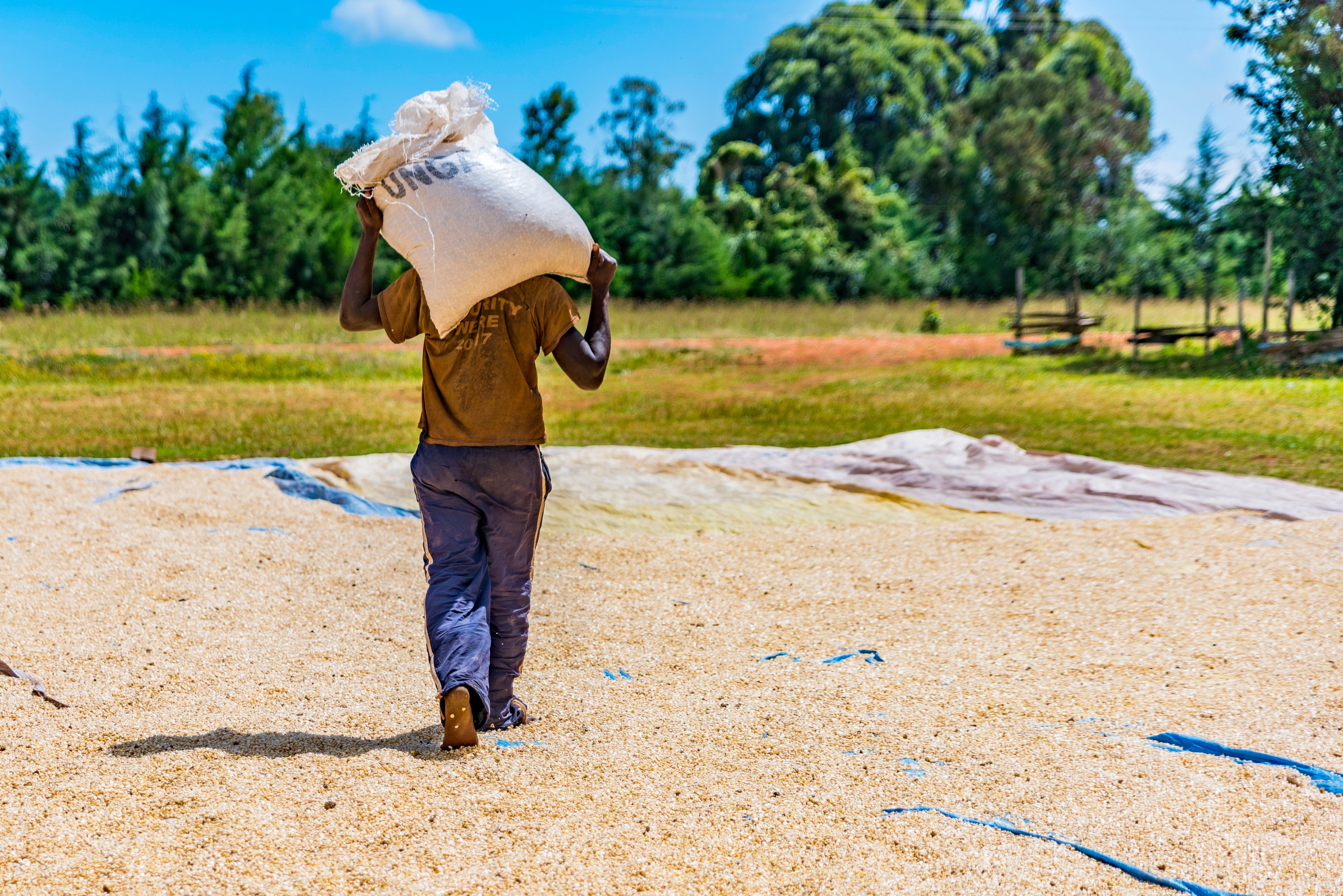Wefarm, a peer-to-peer farmer network for smallholder farmers, has raised a $5 million second seed round led by True Ventures, which describes itself as a fund focused on “the democratization of innovation as a powerful force for global good,” and a handful of Silicon-valley angels.
Also participating in the round are Skype and Atomico Founder Niklas Zennström, WordPress Founder Matt Mullenweg, Blue Bottle Coffee CEO Bryan Meehan, and the Norrsken Foundation with follow-on investment from LocalGlobe and Accelerated Digital Ventures.
Wefarm uses AI technology to connect small-scale farmers to crowdsourced information by enabling them to share techniques and advice on anything from how to battle a disease to how to increase their income, through SMS or online in their own languages.
The platform helps farmers in eastern Africa access critical information regarding farming, weather, and crop yields using an SMS and online methodology. The UK-based company with offices in Kampala, Uganda and Nairobi, Kenya, closed a $2.9 million venture round in January 2016.
“Mission alignment is really important for us. Some of the earliest advice that I got is that there are a lot of people that can write a check, but there aren’t a lot of people with the right check,” said founder and CEO Kenny Ewan to AgFunderNews. “At a basic level our goal has been to build a platform that farmers want to use and trust, and everything else will come from that,” he continued.
Ewan saw that many agtech startups started with technology and then had trouble reaching farmers. He said that by starting by building a community of farmers, currently at the rate of 2,000 new users per day, he now has an audience of more than 660,000 farmers to which it can market any number of services.
Wefarm is now working to monetize its community by providing services that users have requested within the service. Ewan said that the initial focus will likely be on financial products and trading or marketplace capabilities.
“About 4% of all the content we get from farmers organically is looking to buy and sell — it’s trading and looking for customers and loans,” said Ewan.
Wefarm is also experimenting with commercializing data gathered from farmers’ requests, especially around common crop diseases: the most discussed topic among Wefarm users.
Ewan said that the social enterprise startup has already begun discussions with multinational ag corporates, governments, and NGOs.
Wefarm claims that its data models will be able to track and predict keys issues, such as disease, ripening periods, shortages, drought, soil conditions, farm characteristics and other supply chain issues. With this data, businesses can improve supply chain management and security, evaluate key trends and challenges, and increase sustainability and transparency, according to the company.
“We invested in Wefarm because their innovative solution helps to achieve the United Nation’s sustainable development goals,” said Anna Ryott, Deputy CEO of the Norrsken Foundation. “It enables small farmers to become more efficient, thereby directly contributing to the eradication of hunger and poverty.”
Whatever Wefarm’s commercialization plan evolves into, Ewan said that the company will ultimately always work on “behalf of the farmer.”





